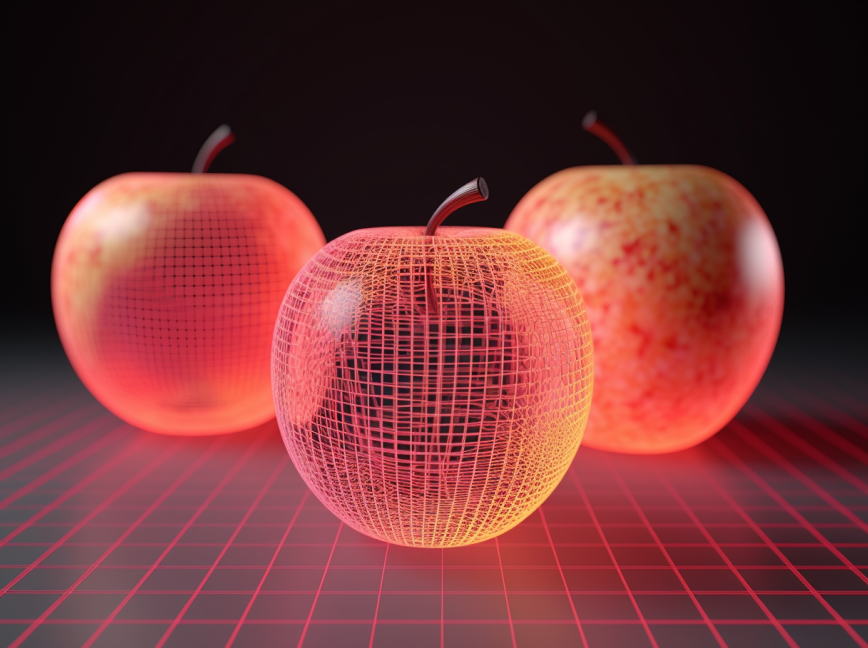
Generative Adversarial Networks
Generative Adversarial Networks (GANs) are a powerful machine learning technique that has revolutionized the field of artificial intelligence. They have made significant contributions to several areas, including image and video generation, text-to-image translation, and data augmentation. The impact of GANs on the field of AI has been profound, and their applications are widespread.
One of the primary areas where GANs have made a significant impact is in image and video generation. With the help of GANs, it is possible to generate synthetic images and videos that are almost indistinguishable from real ones. This has opened up a plethora of opportunities for creating realistic 3D models, AI avatars, and 3D assistants.
GANs have also been used to turn still images into full-depth 3D images. This has proven to be a game-changer in several industries, including gaming, where it has enabled developers to create realistic and immersive environments.
Perhaps the most advanced integration of AI avatars so far is Nvidia’s Omniverse Avatar Project Maxine, which creates photorealistic real-time animation of a human face speaking a text-to-speech sample. This technology has several potential applications, including virtual communication and entertainment.
GANs have also made significant contributions to the field of data augmentation. With GANs, it is possible to generate synthetic data that can be used to train machine learning models. This has proven to be particularly useful in situations where obtaining large amounts of real data is difficult. In conclusion, the impact of GANs on the field of artificial intelligence has been significant. Their ability to generate synthetic data, create photorealistic 3D models, and turn still images into 3D images has opened up several opportunities in various industries. As the technology continues to evolve, it is expected that GANs will play an increasingly crucial role in shaping the future of AI.
